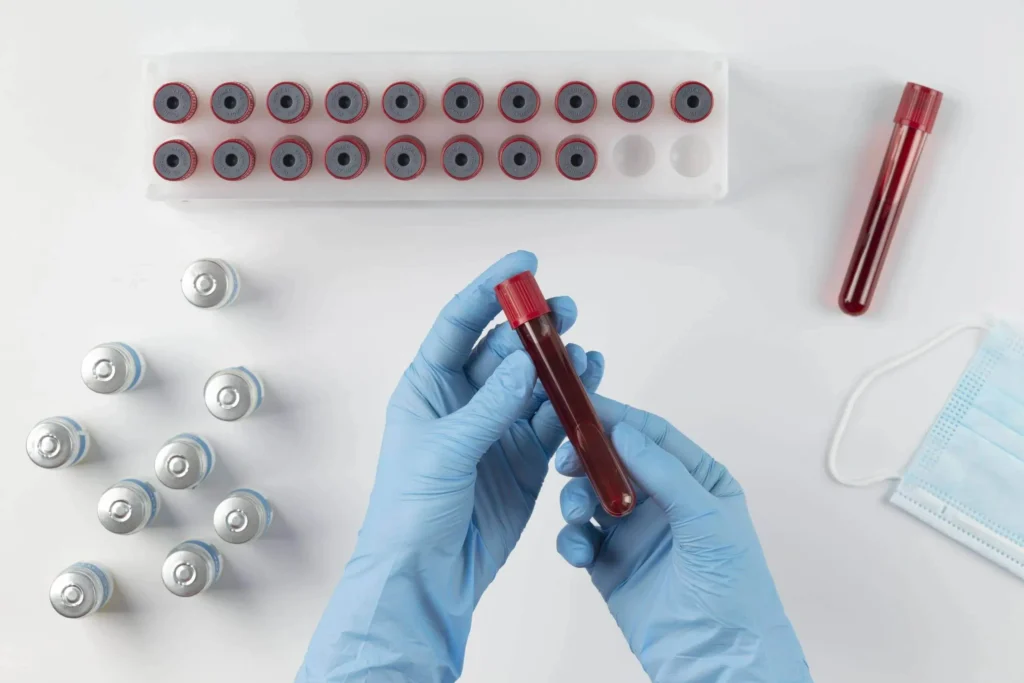Anemia , Blood Disorder
Anemia , Blood Disorder
Anemia is a common blood disorder that occurs when there is a decrease in the number of red blood cells or a reduction in their ability to carry oxygen. This condition can lead to various health issues, as oxygen is essential for the proper functioning of organs and tissues. In this article, we will delve into the different types of anemia, their causes, common symptoms, diagnostic methods, and available treatments.

Types of Anemia:
Iron-Deficiency Anemia:
The most common type, caused by insufficient iron to produce hemoglobin, the oxygen-carrying protein in red blood cells.
Vitamin Deficiency Anemia:
Caused by inadequate intake or absorption of essential vitamins like vitamin B12 and folic acid, which are necessary for red blood cell production.
Hemolytic Anemia:
Occurs when red blood cells are destroyed prematurely, leading to a decreased lifespan of these cells.
Aplastic Anemia:
A rare condition where the bone marrow fails to produce enough red blood cells, white blood cells, and platelets.
Sickle Cell Anemia:
A genetic disorder where red blood cells have an abnormal shape, causing them to break down easily and leading to a shortage of healthy cells.
Common Symptoms of Anemia:
Fatigue and Weakness:
Reduced oxygen levels in the body can lead to persistent tiredness and weakness.
Pale Skin:
Anemia may cause paleness, especially in the face, inner eyelids, and nail beds.
Shortness of Breath:
Difficulty breathing or feeling breathless even with minimal physical activity.
Rapid Heartbeat:
Anemia forces the heart to pump more blood to compensate for the reduced oxygen-carrying capacity.
Dizziness or Lightheadedness:
Reduced oxygen to the brain can lead to these symptoms.
Treatment of Anemia:
Iron Supplements:
Iron-deficiency anemia is often treated with iron supplementation and dietary changes.
Vitamin Supplements:
Vitamin deficiency anemia can be managed with appropriate vitamin supplements.
Blood Transfusion:
In severe cases or during acute blood loss, a blood transfusion may be necessary to raise hemoglobin levels quickly.
Medication:
Some types of anemia may require specific medications to address the underlying cause or manage symptoms.
Conclusion:
Anemia is a prevalent blood disorder that can significantly impact an individual’s quality of life. Early diagnosis, identification of the underlying cause, and proper management are essential for effective treatment. Maintaining a balanced diet, including foods rich in iron, vitamin B12, and folic acid, can prevent nutritional anemia. Individuals with anemia should seek medical attention, follow the recommended treatment plan, and have regular check-ups to ensure optimal blood health and overall well-being.


